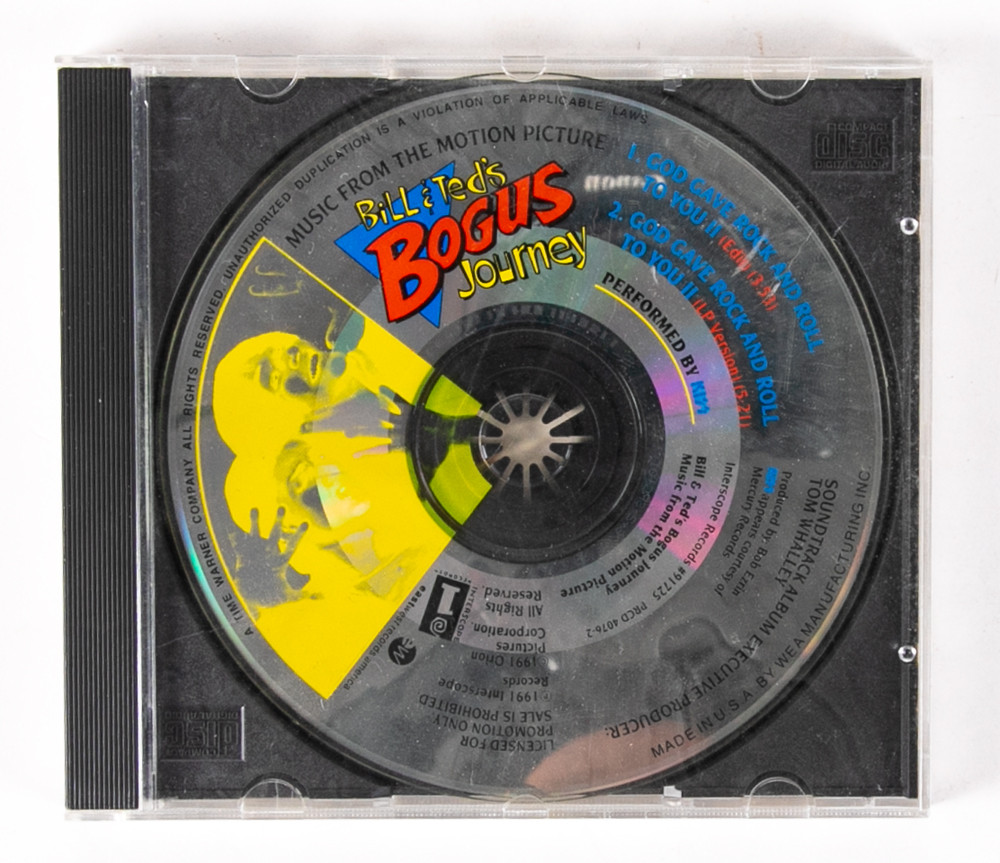

“It’s not an image I think we’re used to thinking about when we think of rock & roll history – we don’t think about the black woman behind the young white man.ROSALÍA A few months ago, Lorde slipped a cover of Rosalía’s saucy “Hentai” into her set at Radio City Music Hall this month, New Yorkers have a chance to hear it straight from the source, on the same stage. “When you see Elvis Presley singing early in his career … imagine he is channeling Sister Rosetta Tharpe,” Wald has suggested. And as her induction should testify, the spirit of Sister Rosetta Tharpe is conjured every time a rock musician plugs in and aims for rapture. Though her work has been largely forgotten, it’s ripe for discovery. The funeral was small Marie Knight did her makeup and helped select her clothing for burial. Tharpe died in 1973, in Philadelphia, where she’d been living with her mother in a modest home. Her last known recording was in 1970, for Danish TV, singing the Thomas Dorsey gospel standard “Take My Hand, Precious Lord,” a song Elvis Presley had recorded, among many others.

Tharpe’s career didn’t get the same bump that male blues musicians did in the late Sixties and Seventies, no doubt in part because of her devotion to religious material. “I’m sure there are a lot of young English guys who picked up electric guitars after getting a look at her,” Dylan said.

It was a cold and rainy day, but Tharpe got out of a horse-drawn carriage like royalty, strode across the wet platform, picked up her electric guitar, plugged in, and played “Didn’t It Rain,” electrical-shock risk apparently be damned, soloing and singing her heart out in front of a crowd of young people. In 1964, as the folk revival was cresting, she was booked for the Folk Blues and Gospel Caravan tour in England, and she played a famous gig in an abandoned railroad station that was broadcast nationwide by Granada television. Tharpe’s career waned over the next decade. The concert and promotional stunt drew 25,000, many with gifts. They became lovers, an “open secret,” according to historian Gayle Wald, author of the essential biography Shout, Sister, Shout! Tharpe’s relationship with Knight eventually faded, and in 1951 – over two decades before Sly Stone thought to get hitched in Madison Square Garden – Tharpe got married to her third husband in Griffith Stadium in Washington, D.C. The pair recorded “Up Above My Head,” and set out to tour as a self-contained team: Knight sang and played piano Tharpe sang and played both guitar and piano. In 1945, her jaunty single “Strange Things Happening Every Day,” with its hot guitar solo, was the first gospel single to cross over on the Billboard race charts.Ī year later, she met the singer Marie Knight. By her twenties, she’d hit her stride after years working up north with swing bandleader Lucky Millinder, she toured the south with fellow gospel icons the Dixie Hummingbirds.

There, she played with Duke Ellington and other top musicians. In her teens, she married a preacher, who she soon left, heading to New York CIty. Tharpe’s singing and guitar style developed with both rural and urban elements, which gave her a broad appeal. He liked her singing, but he liked that pickin’ first – because it was so different.”īorn Rosetta Nubin in Cotton Plant, Arkansas in 1915, the young prodigy was performing gospel music with her mother at churches and revivals by age six, when the two moved north to Chicago. “That’s what really attracted Elvis: her pickin’. “Elvis loved Sister Rosetta,” recalled the Jordanaires’ Gordon Stoker, especially her “incredible” guitar style. Tharpe would later hire Grand Old Opry stars the Jordanaires to back her, years before they began working for Presley, who was her unabashed fan. Tharpe’s first hit, in fact, was the transformed spiritual “Rock Me,” recorded with her soaring held notes and sexy growls back in 1938 – when the latter-day King of Rock & Roll, Elvis Presley, was still a toddler. A queer black woman from Arkansas who shredded on electric guitar, belted praises both to God and secular pleasures, and broke the color line touring with white singers, she was gospel’s first superstar, and she most assuredly rocked. Gripe all you like about deserving acts overlooked by the Rock and Roll Hall of Fame, but no artist has been more overdue for recognition than Sister Rosetta Tharpe, whose induction into the Hall’s “Influences” category was announced this morning.


 0 kommentar(er)
0 kommentar(er)
